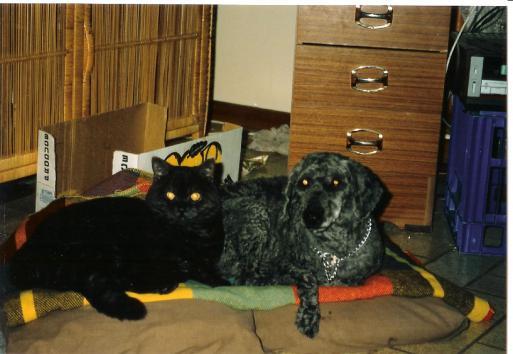Walk A Mile

In my Shoes – is it a song? Or an adage? Is it a mask? Something we put on to see how the Daily Prompt: Sidewalk [Daily Prompt on the ‘blink’] on the other side of town ‘fits’ this side?
People say things like ‘see it from their side’ or ‘if you were in their shoes/place’ etc., but what does it really mean?
Do we need to go out and do a literal look, touch, be, to empathise with that person in that situation at that time? Or can we tune in to the ‘inner’ person and ‘feel’ the reality of it through our neural (brain) response?
I like the last one, but only after enough life experiences enables that instant and recognisable emotional response to the situation. If I see a child in distress, do I need to stop to consider how that child is really feeling? Nope – get in there and offer the safety of one person who recognises and cares that the child is in trouble. Can they sense it? Yes, I think they can; I think they respond to genuine human responses to their distress call. I think it also teaches them how to respond in kind as they get older, how to ‘grow’ their own sense of empathy.
If I were in a situation were something looked to be a distress moment for ‘A’ (someone I don’t know) and it was a situation I hadn’t experienced myself, would I take the time to ‘try it on’ to get a sense of what they feel? Maybe, but I don’t think so, because it is a normal human response to react to distress.
We see the landslides, the floods, the firestorms, the volcano that destroys a village; we see children starve, adults trying to rescue their children from war – do we need to stop to think about how we would feel in that situation (any one of them)? No, I don’t think so. We recognise the danger to community, we can empathise immediately with the desperate need to survive, the need to save the future (children), the need of parents to protect their young.
We do. It is an intrinsic thing. We are a community, alone in a vast wilderness of universii (I would say universes, but . . .) and we have no one (out there) to rely on – it’s just us, and our response to the recognition of a person in danger, in fear, in trouble, is to step right up and offer help, or do something, or give something – or to help organise anything that would fit the needs of the situation.
That is what being ‘community’ is all about, isn’t it?





